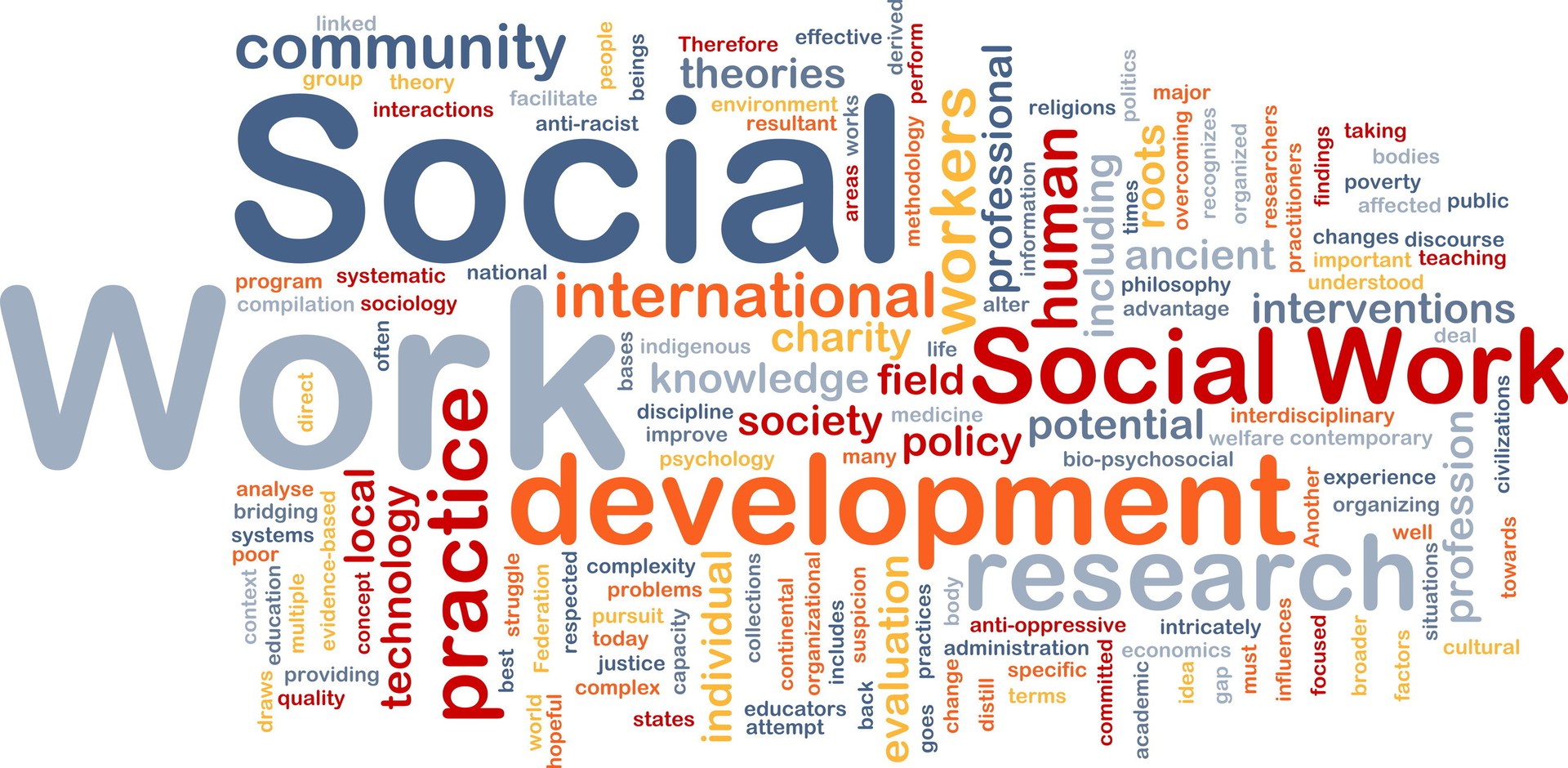Title
Typology of Religiosity/Spirituality in Relation to Perceived Health, Depression, and Life Satisfaction among Older Korean Immigrants
Journal Title
Aging & Mental Health
Publication Date
2014
Abstract
Objectives: The objectives of this study were (1) to identify distinct subtypes of older Korean immigrants based on their levels of religiosity/spirituality (R/S) and (2) to determine if the identified subtypes differed by demographic characteristics, perceived health, depression, and life satisfaction.
Method: Factor mixture models were evaluated with a nonprobability sample of older Korean immigrants (N = 200) residing in the New York City area in 2009 to classify typologies of R/S. Multiple regression was used to test the associations between the R/S subtypes and outcomes (perceived health, depression, and life satisfaction) while controlling for demographics.
Results: Two substantively distinct latent profiles were identified: normally religious/spiritual (‘average R/S’) and minimally religious/spiritual (‘low R/S’). The average R/S subgroup (74.4%) showed higher means than those in the low R/S subgroup (25.6%) on all six R/S class indicators. Subtypes did not differ on age, education, income, marital status, living arrangements, or years in the USA. However, males were more likely than females to be ‘average R/S.’ The ‘average R/S’ subtype had significantly greater life satisfaction than their ‘low R/S’ counterpart. No differences between the two subtypes were found on perceived health or depression.
Conclusion: Findings highlight the importance of the classifications of R/S for mental health outcomes, and they indicate that relationships among R/S, various demographic characteristics, and physical/mental health are complex. Future research should validate and refine this classification of R/S in order to help identify particular sources of health risks/behaviors, relevant treatments, and health-promoting interventions within homogenous subtypes of older Korean immigrants.
Keywords
religiosity/spirituality, life satisfaction, Korean immigrants, aging, factor mixture model
Document Type
Article
Disciplines
Social and Behavioral Sciences | Social Work
Volume
18
Issue
4
First Page
444
Last Page
453
DOI
10.1080/13607863.2013.848837
Recommended Citation
Roh, Soonhee; Lee, Yeon-Shim; Lee, Jae Hoon; and Martin, James I., "Typology of Religiosity/Spirituality in Relation to Perceived Health, Depression, and Life Satisfaction among Older Korean Immigrants" (2014). Department of Social Work. 50.
https://red.library.usd.edu/socialwork/50


